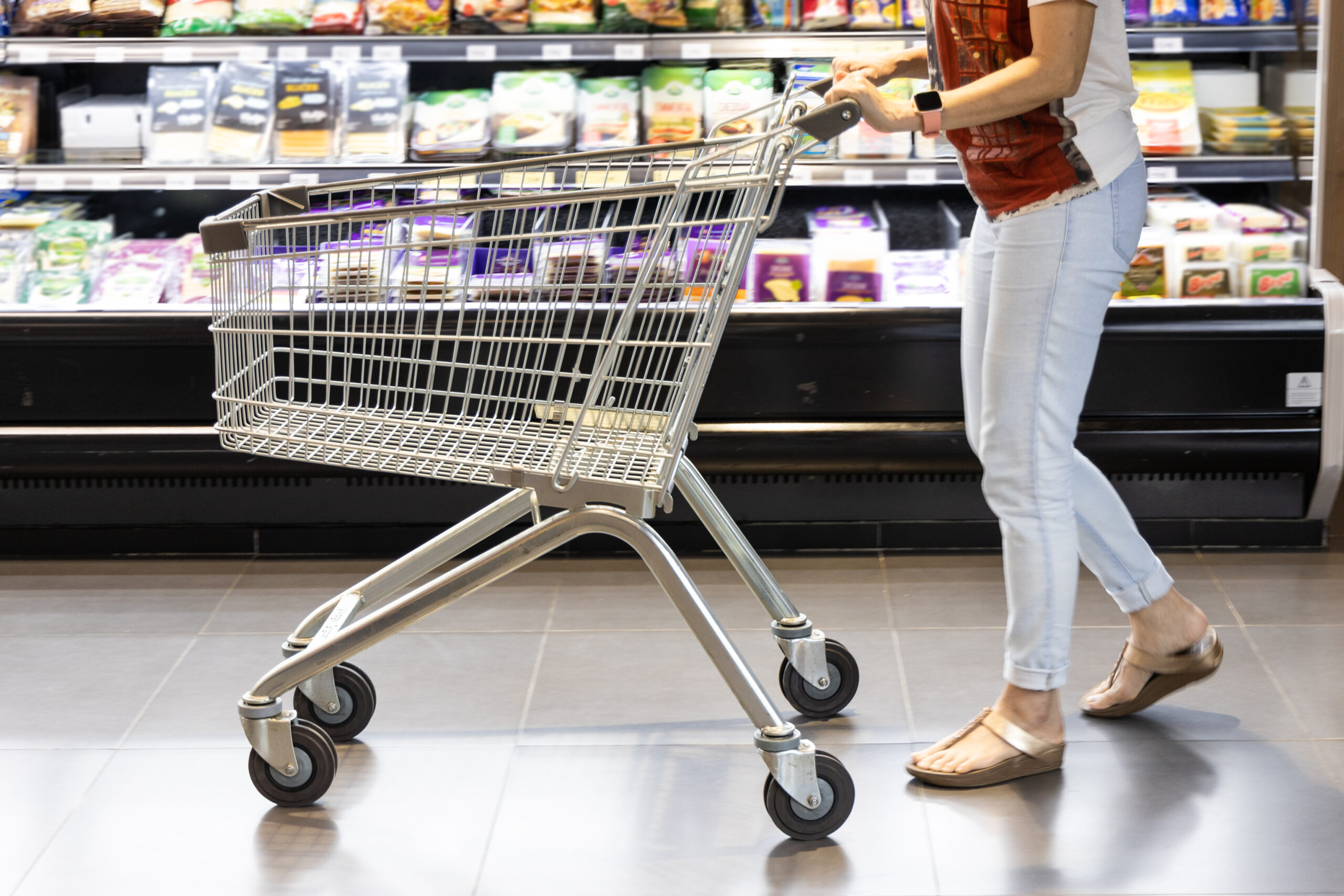With Thanksgiving just around the corner and COVID-19 cases continuing to rise, grocers and retailers are bracing once again for customer stockpiling. But this time around, some grocery chains are implementing previously used tactics to curb the inevitable shortages of Thanksgiving staples and other food items.
While many national chains, including Kroger, Publix and H-E-B, have already limited purchasing quantities for some home essentials, they are looking ahead to see which food products might be in higher demand and have the potential to disrupt the supply chain. Unsurprisingly, Thanksgiving side dishes top the list, along with breakfast foods and in some stores and regions, brisket and peanut butter.
Since retailers could not have predicted the shortages and stockpiling that occurred back in March, they could not prepare for the inevitable supply chain disruptions that ensued. However, with the holidays encroaching, stores are bracing for what’s to come.
John Furner, CEO of Walmart, told Eater he was worried about spices and stuffing, encouraging customers to go do their Thanksgiving shopping earlier rather than later. Meanwhile, a representative from Target told Yahoo! News that its teams have “quickly adjusted to changes in consumer demand, like the surge we saw this spring and the rapid shift to contactless shopping options we experienced throughout the summer and fall.”
Several national grocery chains have implemented some of the following measures to ensure customers can find the items they need:
- Coordinated stores, distribution centers and suppliers so that food items are fast-tracked through the supply chain and prioritized for re-stocking
- Sent additional inventory to stores to ensure demands are met for Thanksgiving
- Implemented limits on some products to ensure adequate supply for all customers
It’s not just food shortages that may worry consumers and retailers, but prices. According to data collected by the Bureau of Labor Statistics and the US Department of Agriculture (USDA), the prices of wholesale turkey are up about 15 percent from this time last year and 30 percent from the previous Thanksgiving. With turkeys costing around $1.25 per pound, many families will likely opt for smaller birds this holiday.
Turkey is not the only food item that has risen in price over the last year. Meat, dairy and egg prices are around six percent higher than this time last year, while baking products went up three percent and produce by 2.6 percent. Although many food prices have fallen back to normal since the spike in late winter, most retail food prices remain higher now than they were last year.
While grocers are doing their best to ensure their shelves are stocked, there may still be some unavoidable shortages. Because of previous shortages of packaging that food manufacturers use for products like jarred spices and lids for pickle jars, some items may be in short supply, depending on the store and region.
For many families, the classic Thanksgiving dinner will look a lot different this year than it did in the past. Some may opt for curbside pickup or delivery, while others may engage with family members across the country online. With smaller gatherings and less travel anticipated this holiday season, some may also choose a non-traditional Thanksgiving meal, too.









Join or login to leave a comment
JOIN LOGIN